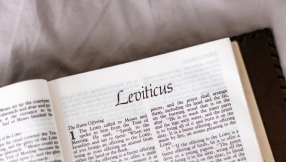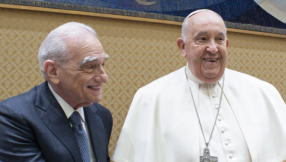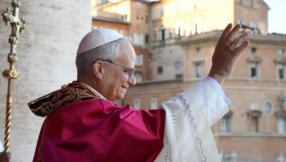Theresa May has apologised to Caribbean leaders for the government's treatment of the Windrush generation after a campaign backed by bishops and MPs highlighted their plight.
The prime minister said she was 'genuinely sorry' for the anxiety caused by the Home Office for thousands of long-term immigrants who arrived in the UK up to 70 years ago.
It came amid reports that many are still being denied access to healthcare and told they may be deported because they do not have proper paperwork.
May told the 12 Caribbean leaders at a meeting in Downing Street she wanted to 'dispel any impression that my government is in some sense clamping down on Commonwealth citizens, particularly those from the Caribbean who have built a life here'.
Thousands of people from around the Commonwealth came to the UK after the Second World War to fill a labour shortage. The 1971 Immigration Act ended the free movement between Commonwealth nations that had existed until that point but gave all Commonwealth citizens living in the UK the right to remain. However the Home Office did not keep a record of those given leave to remain meaning they now find themselves having to prove they are legally without having the paperwork to do so.
May said: 'Those who arrived from the Caribbean before 1973 and lived here permanently without significant periods of time away in the last 30 years have the right to remain in the UK, as do the vast majority of long-term residents who arrived later. I don't want anybody to be in any doubt about their right to remain here in the United Kingdom.'
She said the situation had arisen because of changes she had bought in as home secretary which tried to clamp down on 'health tourism' where those without a right to remain gained access to the NHS and welfare system.
'This has resulted in some people, through no fault of their own, now needing to be able to evidence their immigration status,' she told the foreign ministers and leaders of 12 Commonwealth nations in Downing Street.
'And the overwhelming majority of the Windrush generation do have the documents that they need, but we are working hard to help those who do not.'
It comes after several Church of England bishops backed a petition, signed by more than 100,000 people, calling for an amnesty for the Windrush generation.
Sarah Mullally, the bishop of London, supported the campaign and Pete Broadbent, the bishop of Willesden, described the Home Office as 'out of control' and inept.
Four other bishops, Michael Ipgrave of Lichfield, Mark Rylands of Shrewsbury, Clive Gregory of Wolverhampton and Geoff Annas of Stafford, also urged their dioceses to sign the petition late last week.













